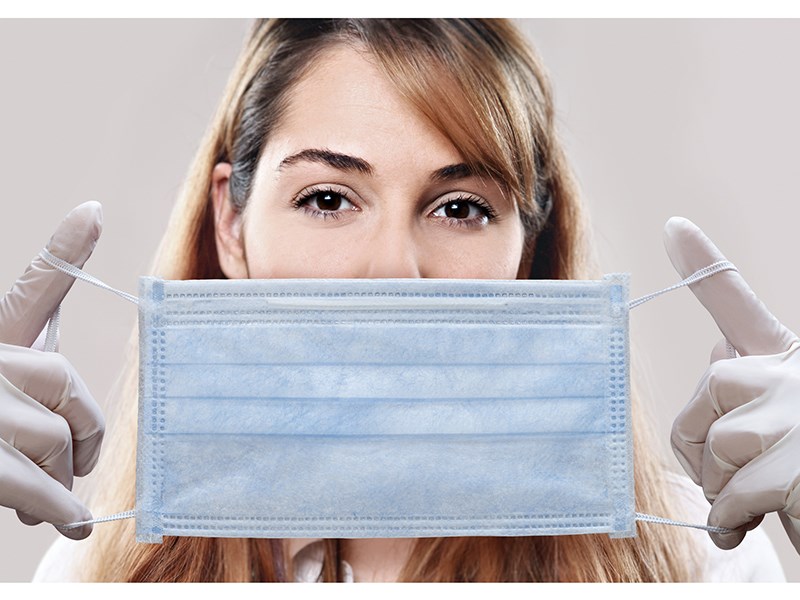Who is behind the mask?
Despite the back and forth, or flip flop on advice whether or not to wear non-medical masks to prevent the spread of COVID-19, common sense should come into play.
Current advice from provincial and federal health officers suggests wearing masks in certain situations to protect others, not ourselves. Others can include significant VIPs in everyone’s life: older family members or people within your bubbles who have compromised immune systems. They are worth protecting, regardless of any inconvenience or perceived notion that non-medical masks do not offer enough protection to warrant widespread use.
COVID-19 numbers are trending downward in BC, the curve is flattening, but we are constantly reminded that a second wave of infections is not just a possibility; it is a certainty.
With personal bubbles expanding, we are no longer only responsible for VIPs within our own spaces; as the economy reopens, those you come in contact with have to be considered. You become part of their bubble and, as a result, have a responsibility to protect their VIPs as best as you can. You have to protect each other. Do you trust them to do the right thing? Should they trust you?
If you wear a mask at the grocery store or while being treated by a service provider, will it save a life? Maybe, maybe not. If you did have advanced knowledge, wouldn’t it be worth it?
We take chances every day, and use caution to give ourselves the best odds to stay safe and return home in good health at the end of the day. We do whatever it takes to protect our family, even if that requires sacrifice or inconvenience.
Does enforcement of wearing helmets on bikes or while playing hockey guarantee participants will not suffer a head injury from a fall onto pavement or the ice? No, but it does reduce the odds.
Does the mandatory seatbelt law guarantee a vehicle driver or passenger will survive or avoid injury in the event of an accident? No, but it does increase their odds.
Does using a condom guarantee protection against sexually transmitted diseases or unplanned pregnancies? No, but they do reduce the odds.
Some of these are laws, which is why most of us follow them, but they are also common sense. They give yourself, and others, the best odds to stay safe; it’s as simple as that.
Masks may be difficult to breathe through, uncomfortable in warmer weather, and make you look like you’re planning to rob a corner store, but remember, it’s not always about you.
So, who is behind that mask? It isn’t someone thinking about themselves. Who and what are you thinking about?



